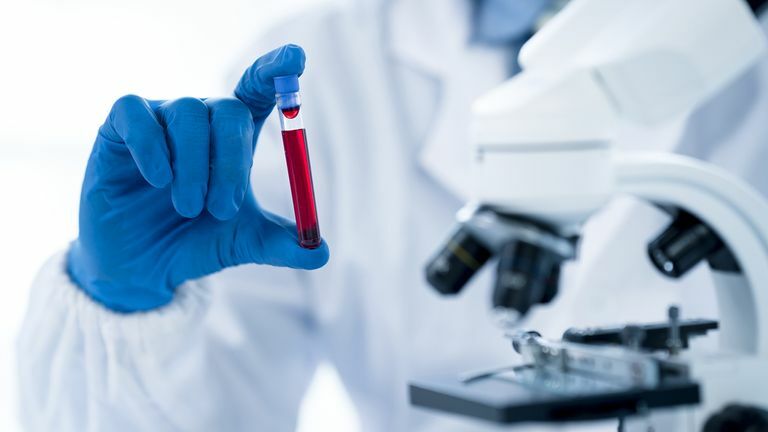Galleri blood test detects over 50 cancer types, potentially saving thousands

A groundbreaking blood test, known as the Galleri test, has shown potential in detecting over 50 types of cancer, which could lead to faster diagnoses and potentially save thousands of lives. The University of Oxford led a study involving thousands of NHS patients, revealing promising results in the trial.
Out of the 6,238 participants from England and Wales who visited their GP with suspected symptoms, the test successfully detected signs of cancer in 323 individuals. Of those, 244 were later diagnosed with cancer. The test works by identifying fragments of tumour DNA circulating in the bloodstream and had an overall accuracy rate of 66%.
The test’s accuracy varied depending on the stage of the cancer, with a detection rate of 24% for early-stage (stage I) tumours and 95% for advanced disease (stage IV). Bowel, lung, uterine, oesophago-gastric, and ovarian cancers were the most commonly diagnosed.
The findings from the Symplify trial were presented at the American Society of Clinical Oncology conference in Chicago and published in The Lancet Oncology journal.
Early detection of cancer is crucial for prompt treatment and saving lives. The Galleri test is also being trialled in the NHS to determine if it can detect hidden cancers in people without symptoms. Results from this trial are expected later this year.
Professor Peter Johnson, NHS national director for cancer, said: “This study is the first step in testing a new way to identify cancer as quickly as possible, being pioneered by the NHS. Earlier detection of cancer is vital and this test could help us to catch more cancers at an earlier stage and help save thousands of lives.”
Professor Helen McShane, director of the NIHR Oxford Biomedical Research Centre, added: “We are committed to diagnosing cancers earlier, when they can be cured, and this study is an important step on that journey.”
Brian Nicholson, associate professor at the Nuffield Department of Primary Care Health Sciences, University of Oxford, suggested that multi-cancer early detection tests (MCEDs) could help confirm that symptomatic patients should be evaluated for cancer before pursuing other diagnoses.
Although the Galleri test has shown promising results, it does not detect all cancers and is not believed to replace existing NHS screening programmes for breast, cervical, and bowel cancer. Developed by Californian company Grail, the test is currently available in the US and recommended for individuals at higher risk of cancer, including those over 50 years old. The test can also identify the location of the disease in the body with 85% accuracy.
Experts have described the study’s findings as “very encouraging” but have called for further research. Professor Lawrence Young, professor of molecular oncology at the University of Warwick, stated that more studies are required to trust that a negative result on blood testing means no cancer is present. Dr Richard Lee, consultant physician in respiratory medicine at the Royal Marsden Hospital and team leader for the early diagnosis and detection team at The Institute of Cancer Research, London, concurred and said: “Further research studies are needed to better understand where these tests sit alongside existing screening offerings and early diagnosis of those with worrying symptoms. These remain a research test and are not ready for routine clinical use, but could be a very important tool for cancer diagnosis in the future.”
Latest Thailand News
Follow The Thaiger on Google News:


























